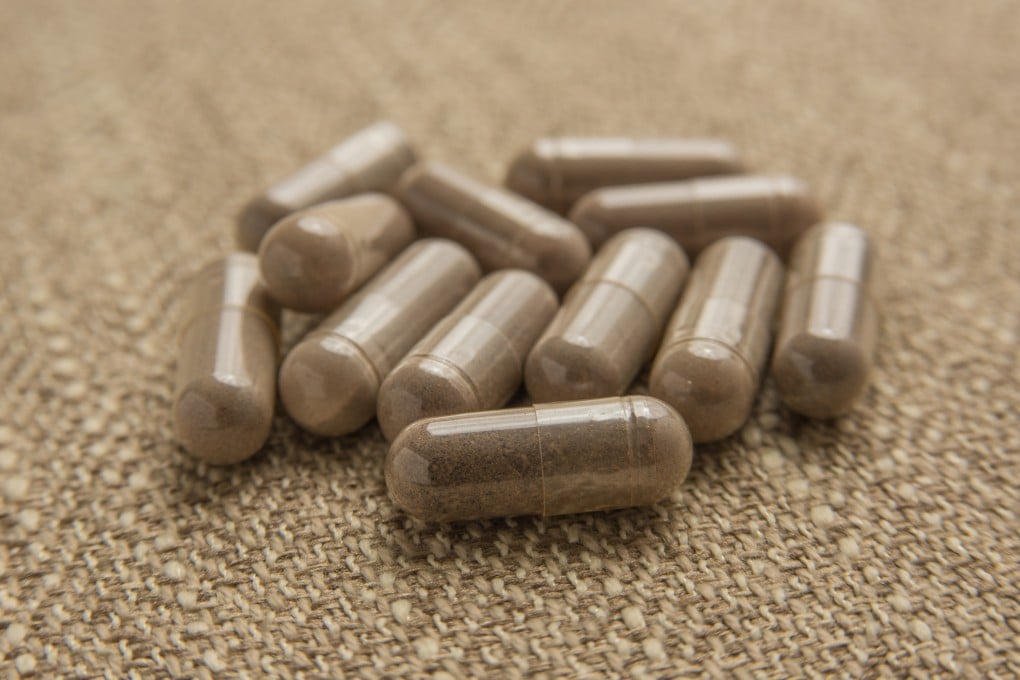Kourtney Kardashian ate her placenta and called it life-changing. Should you eat yours? Experts weigh in
- Placentophagy is becoming more popular, with advocates claiming that it can help with postnatal depression, lactation and weight loss
- Traditional Chinese medicine (TCM) has touted the health benefits of eating the placenta for thousands of years – but health experts caution there are risks

Model and host of US reality TV series Top Chef Padma Lakshmi said in a 2016 interview that it was “not as gross as it sounds”. Reality TV star Kourtney Kardashian wrote in a 2015 Instagram post that it was life-changing. And, during a television interview in 2014, actress Alicia Silverstone called them her “happy pills”.
What these celebrities were referring to was their placenta, which they’d consumed in one form or another after giving birth.
Placentophagy is widespread among mammals, but, according to an expert review published in 2017 in the American Journal of Obstetrics & Gynaecology, “no contemporary human culture incorporates eating placenta postnatal as part of its traditions”.
In recent years, however, the practice has been gaining popularity among new mothers in the United States, Europe and Australia. The review states that while the placenta can be eaten raw, cooked, roasted, dehydrated, or encapsulated in smoothies and tinctures, the most frequently used preparation appears to be encapsulation after the organ is steamed and dehydrated.